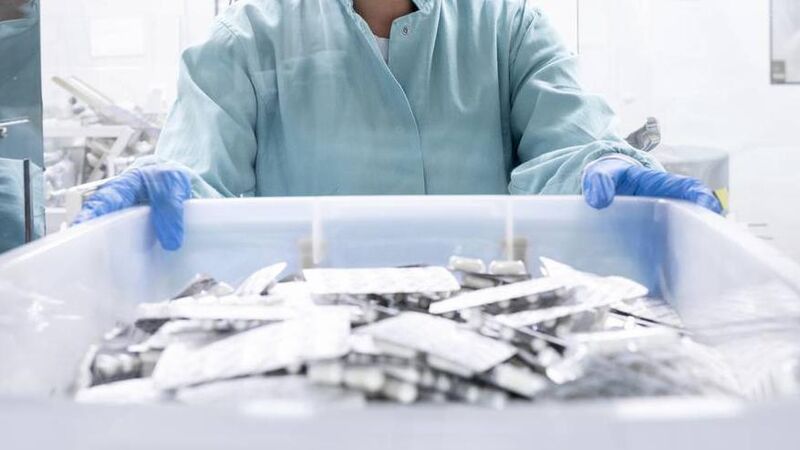Why Ireland's generic drug makers are the big winners in the Tariff War

Generic drugs are now a major part of the pharmaceutical industry in Ireland, with the two largest global manufacturers, Teva Pharmaceutical and Sandoz Group, well established in Ireland.
On Thursday, the Trump Administration clarified the original deal on EU drugs exported to the US. The big news was not so much that the maximum tariff would be 15% on branded drugs when imported into the US from Europe, but the communication that generic drugs would be exempt from the 15% duty.
Generic drugs are now a major part of the pharmaceutical industry in Ireland, with the two largest global manufacturers, Teva Pharmaceutical and Sandoz Group, well established in Ireland. The exemption will enable these companies to expand their Irish operations and continue their exports to the US.











